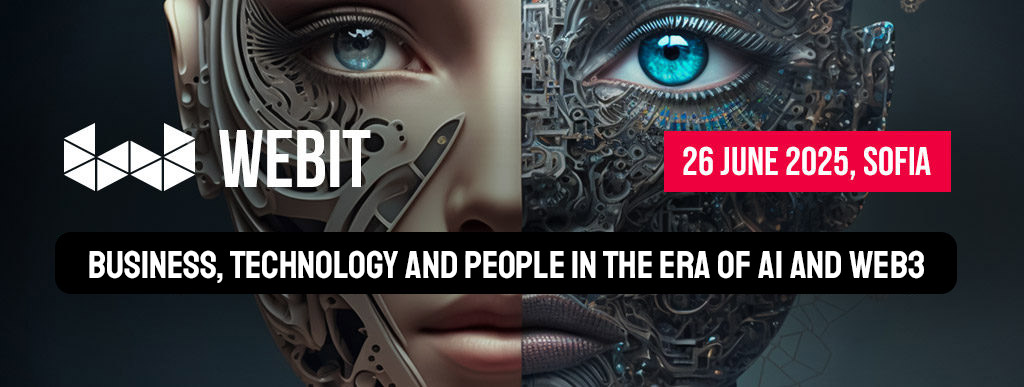As artificial intelligence (AI) continues to shape consumer experiences, the importance of transparency in AI-driven decision-making has never been more critical. From personalized recommendations to financial assessments, AI influences everyday choices, yet many consumers remain unaware of how these algorithms function. Ensuring AI transparency fosters trust, empowers users, and promotes ethical decision-making in the digital economy.
The Need for AI Transparency
AI models power a vast array of consumer interactions, from e-commerce recommendations to credit scoring systems. However, the opacity of these systems raises concerns about fairness, accountability, and bias. Some key reasons AI transparency is crucial include:
- Consumer Trust and Confidence: Transparent AI systems provide insights into how decisions are made, allowing consumers to trust the outcomes.
- Mitigating Bias and Discrimination: Explainable AI helps identify and rectify biases in automated decision-making processes.
- Regulatory Compliance: Governments worldwide are introducing regulations like the EU’s AI Act and the FTC’s AI guidelines to ensure AI decision-making is accountable and explainable.
- Empowering Consumer Choice: When consumers understand how AI recommendations work, they can make more informed choices.
Strategies for Enhancing AI Transparency
To improve AI transparency in consumer decision-making, businesses and developers must implement the following strategies:
- Explainable AI (XAI): AI models should be designed with interpretability in mind, providing users with comprehensible explanations of decisions.
- User-Centric Disclosure: Companies should offer clear, accessible disclosures about AI-driven decisions, including data sources and reasoning.
- Ethical AI Frameworks: Organizations should adopt AI ethics guidelines that prioritize fairness, accountability, and transparency.
- Third-Party Audits: Independent audits of AI systems can validate transparency claims and ensure compliance with ethical standards.
- Consumer Control Mechanisms: Users should have options to opt out of AI-driven decisions or modify algorithmic preferences based on their needs.
The Future of AI Transparency
As AI adoption grows, transparency will become a defining factor in consumer trust and regulatory compliance. Businesses that prioritize explainability and fairness in AI-driven decision-making will gain a competitive advantage while ensuring ethical consumer interactions. By fostering transparency, AI can be a tool for empowerment rather than uncertainty, shaping a more responsible digital economy.
Conclusion
AI transparency is essential in modern consumer decision-making, ensuring trust, fairness, and accountability. By implementing explainable AI strategies, ethical guidelines, and regulatory compliance measures, businesses can create AI systems that consumers understand and trust. As the digital landscape evolves, transparency will be key to responsible AI innovation and sustainable consumer relationships.
Join the discussion and learn from global leaders in the industry on the 26th of June in Sofia. Webit: Business, Technology and People in the era of AI and Web3 is an exciting opportunity for industry leaders and experts to come together to discuss the latest trends and developments in the field of the AI Transparency in Consumer Decision-Making.
Check our ticket options here:
Business, Technology and People in the era of AI and Web3

